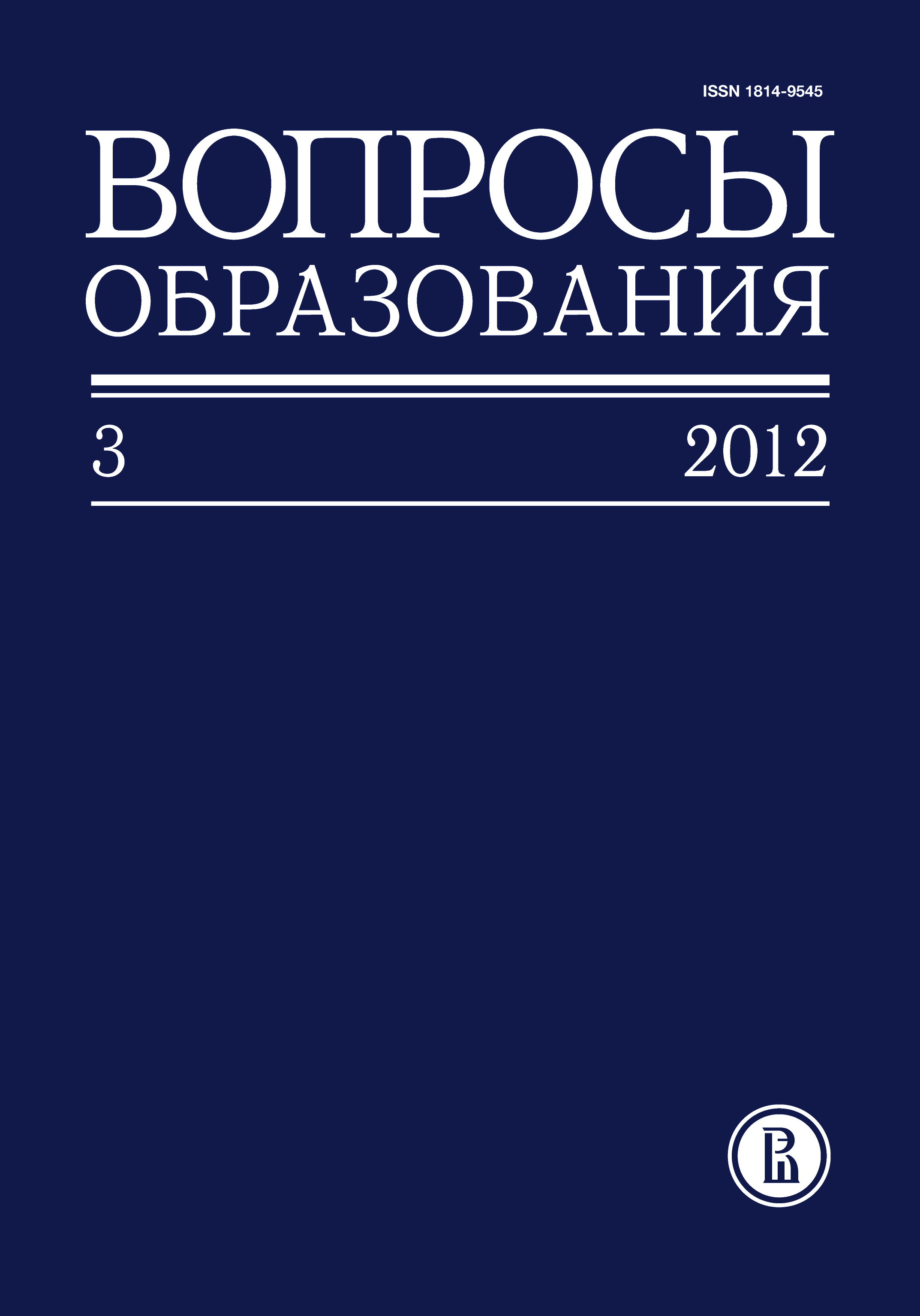Государственная идентичность выпускников экономических и гуманитарных вузов Санкт-Петербурга
Аннотация
Санина Анна Георгиевна — кандидат социологических наук, доцент кафедры государственного и муниципального управления НИУ ВШЭ — Санкт-Петербург, руководитель временной научно-учебной группы «Экономика и социология изменений». Эл. адрес: anna.g.sanina@gmail.com Адрес: Россия, 190121, Санкт-Петербург, ул. Союза Печатников, д. 16.
Закарян Ани Геворковна — магистр 2-го курса НИУ ВШЭ — Санкт-Петербург, стажер-исследователь временной научно-учебной группы «Экономика и социология изменений». Эл. адрес: anizakaryan@gmail.com Адрес: Россия, 190121, Санкт-Петербург, ул. Союза Печатников, д. 16.
Обидовский Олег Вячеславович — магистр 2-го курса НИУ ВШЭ — Санкт-Петербург, стажер-исследователь временной научно-учебной группы «Экономика и социология изменений». Эл. адрес: oleg_obidovskiy@mail.ru Адрес: Россия, 190121, Санкт-Петербург, ул. Союза Печатников, д. 16.
Представлен анализ результатов эмпирического исследования государственной идентичности выпускников петербургских вузов. Обосновывается вывод о том, что современная модель выпускника не способствует конструированию государственной идентичности, основные элементы которой (когнитивный, эмоционально-оценочный, нормативно-ценностный и поведенческий) не связаны между собой: усилия по наращиванию знаний молодых людей о государстве, развитию их представлений о должном и правильном не трансформируются в изменение их линии поведения относительно государства, а демонстрация определенного уровня знаний нивелируется недоверием к современным политическим реалиям, что приводит к формальному восприятию государства как чего-то внешнего и враждебного.
Показано, что современное высшее образование по-прежнему нацелено прежде всего на производство профессионалов — компетентных специалистов, востребованных на рынке труда, — и не формирует граждан, способных развивать и поддерживать государство, в котором они живут и работают. Данная функция образовательных институтов оказывается практически полностью смещенной в область среднего образования и теряет актуальность, как только человек оканчивает школу. Вместе с тем государство и гражданство являются безусловно важными, хотя и не всегда достаточно осознанными, ценностями для современных молодых людей. Более того, безусловную ценность представляет именно свое государство, обеспечивающее ту форму восприятия общности с другими людьми, которая, с одной стороны, обладает довольно четкими характеристиками границ и различений «они — мы», а с другой стороны, не отрицая других идентичностей, дает индивиду необходимую ему свободу. Однако нормативно-ценностные установки не подкрепляются установками когнитивными и поведенческими.








